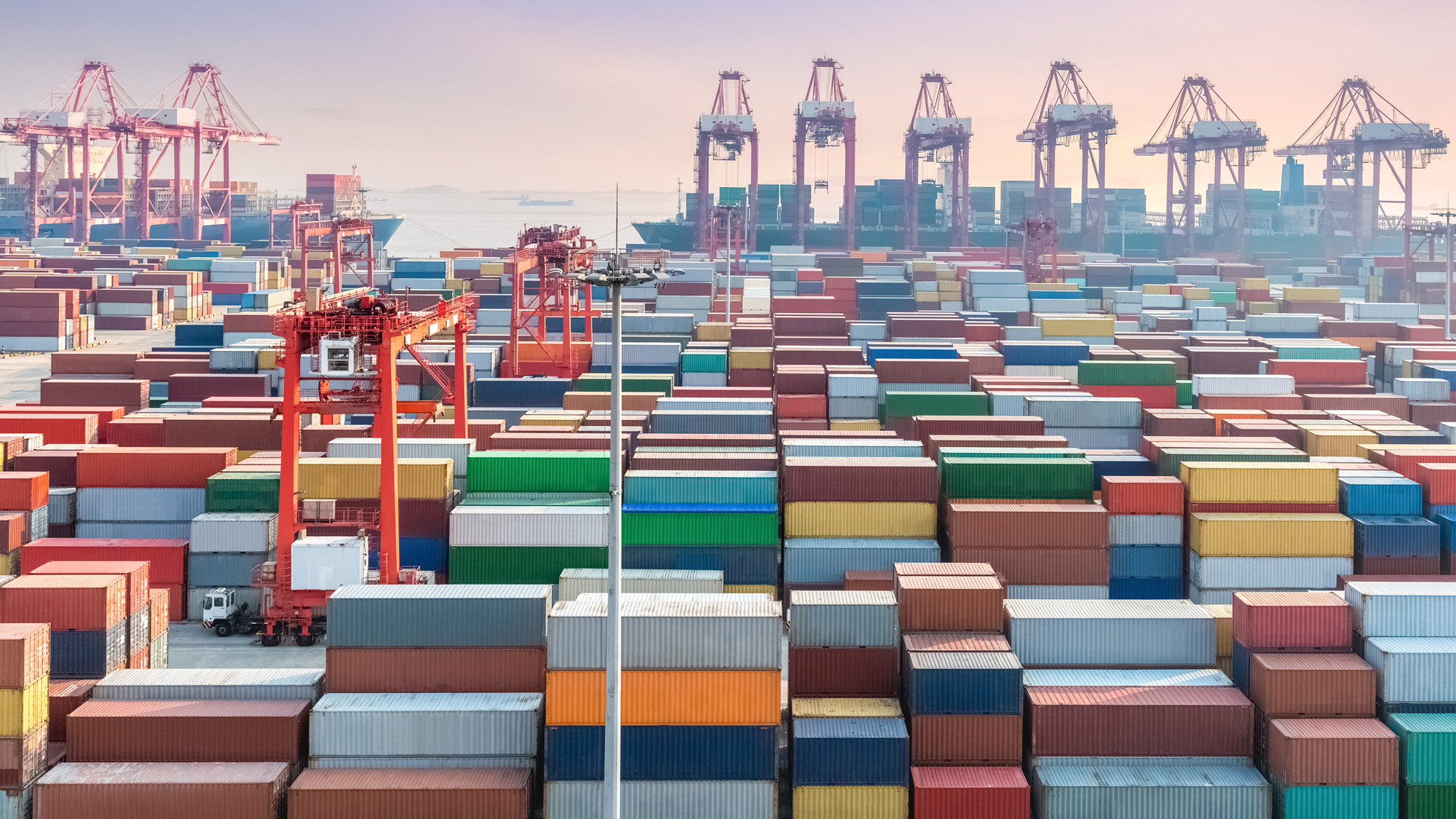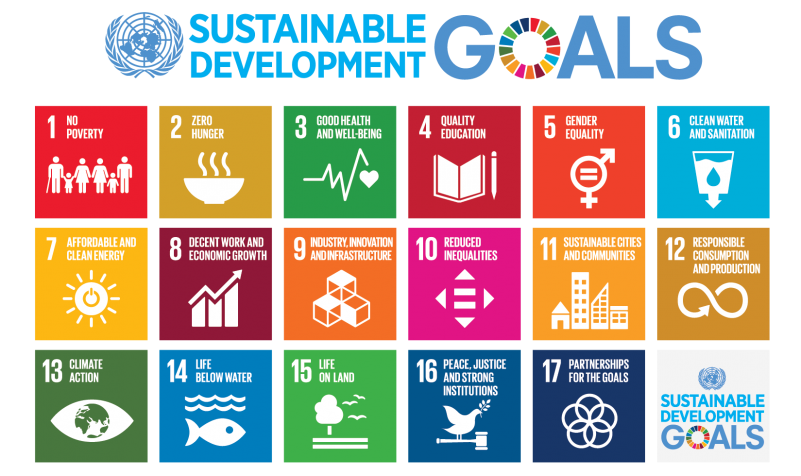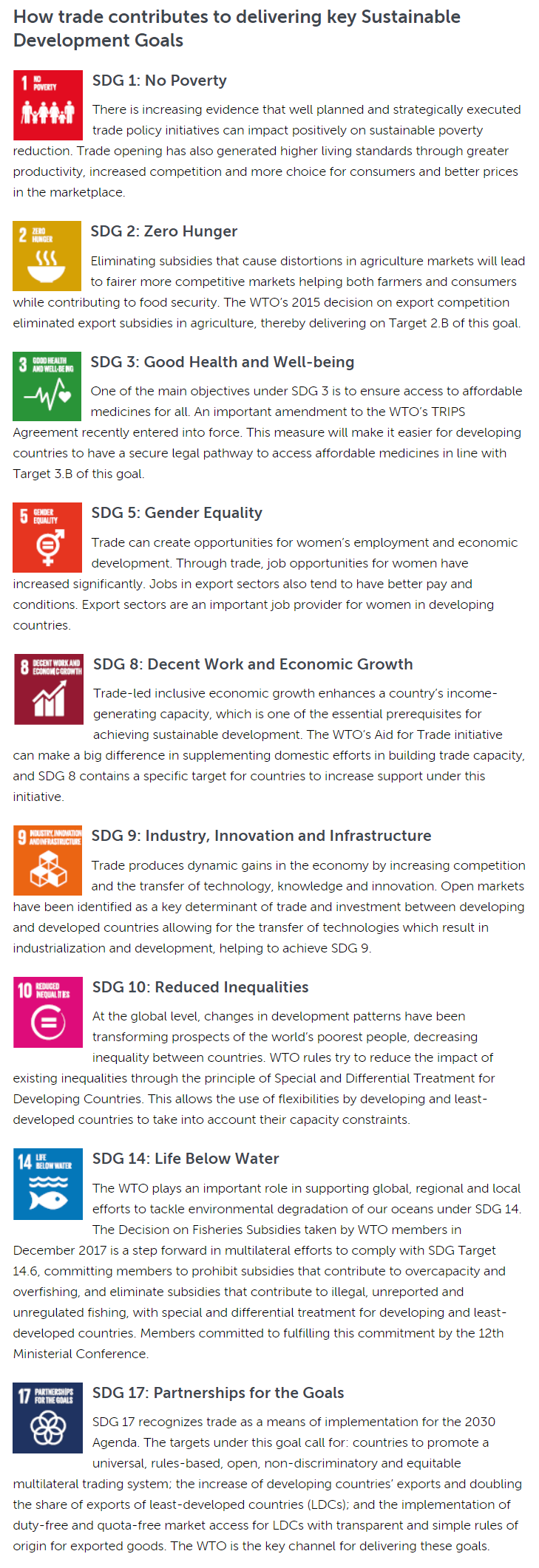
Helen Clark, who has been appointed to lead the investigation into the World Health Organization response to the coronavirus pandemic, said in a recent interview:
“The brief we’ve been given is, what do we need to stop the world being blindsided again by a crisis like this?”
While I for one am delighted with the choice of Helen Clark, given her reputation as a “fighter” and someone who will push the boundaries of the scope of the review if needed. But even she will only be able to push these boundaries so far. We must see clearly that the scope of this review is far too narrow because it is only investigating the role of the World Health Organisation.

The review is not investigating CITES (the Convention on International Trade in Endangered Species of Wild Fauna and Flora), the international agreement between governments that facilitates the legal trade in endangered species; COVID-19 is after all zoonotic in nature. Additionally, the review is not investigating the World Trade Organisation (WTO) the intergovernmental organization that is concerned with the regulation of international trade between nations, including environmental ‘goods’.
The fact is, we weren’t blindsided by COVID-19, we have simply spent the last 40 years (and particularly the last 20 years) ignoring the fact that this was going to happen because of the entrenched ideology of free trade and constant economic growth. It was known that humans are increasingly vulnerable to zoonotic diseases because the line between us and exotic animals has long been breached, due to deforestation, harvesting of wild species (legal and illegal) and mass-captive-breeding of wildlife.
To be a genuine review of the causes of COVID-19 it would need to examine the free-trade dogma as part of the process, including the role of corporate & white-collar crime and corruption. All these factors are further exacerbated by the effects of the limited liability model and the resulting lack of prosecutions of company executives implicated in corporate crime; including green crime. In combination with the profit motive built into capitalism, via corporate laws, these have overwritten all environmental concerns, including concerns over (completely predictable and predicted) biosecurity risks.
The dogma of free trade goes hand-in-hand with the dogma of self-regulation at the expense of true, legally enforceable regulations and proper (well-resourced) enforcement. The list of issues that enabled (read: caused) the pandemic goes on and the cause is all about trade, the lack of regulation of trade resulting in the unchecked exploitation of the natural world. The WHO responded to the effect, but unregulated, unrestrained use of wildlife for trade is the cause.
While the adequacy of the response of the WHO must be reviewed and lessons learnt for the future, this will not prevent the next pandemic. To do that, we need to examine how the exploitation of the natural world is enabled instead of being adequately regulated. This means examining the ineffectiveness of CITES, the enabling role played by the World Trade Organisation and how secrecy jurisdictions aid and abet corruption at the top end of society in all countries (including the wealthiest).
In 1994 the WTO agreed to set up the Committee on Trade and Environment (CTE), which has been a permanent observer at CITES since 1997. To date there have been no disputes between WTO and CITES (well no shock there!!). If we look at the relationship between CITES and the WTO, we first need to acknowledge that it is not the role of the WTO to regulate the trade in endangered species, that is explicitly the mandate of CITES. Even with the industrial scale of the plunder of the natural world, it was only recently, in 2015, that CITES and the WTO produced a joint statement agreeing that that the well-being of economies, habitats, and societies are inextricably linked. Not that making this statement has resulted in any useful actions.
More broadly, although the WTO primarily acts as a regulatory framework to facilitate international trade, it formally accepts that exceptions to free trade rules are very important in environment related issues. Under WTO rules additional checks and regulations are permitted in cases where trade could negatively affect the environment. So, while the WTO has not been the key reason that the trade in endangered wildlife has not been properly regulated and monitored neither does it appear to consider the natural world as particularly important, which is worrying given its status on the world stage. Before I explain this statement, a quick diversion to the UN Sustainable Development Goals.
The current ideology of self-regulation and setting aspirational goals instead of hard targets is embodied by the UN Sustainable Development Goals (and all the other similar schemes, e.g. UN Global Compact). This so-called “governance through goals” approach is a perfect complement to the free-trade mantra. Let’s pretend we care about the environment and social justice, but let’s not get in the way of the ‘magic of the free market’ by actually setting hard targets and enforcing them.
A recent paper: The Sustainable Development Goals prioritize economic growth over sustainable resource use makes clear what the problem with this approach is in its title. It goes on to confirm a number of issues including:
- Ever growing free trade agreements
- The combination of neoliberal ideology, corporate lobbying, business-friendly fiscal policies, tax avoidance and evasion has led to the massive weakening of the public sector [read monitoring, regulation and prosecutions]
- Too much focus is put on efficiency improvements, rather than absolute reductions in resource use, even though such gains cannot compensate for growing populations and economies
- That achieving the UN SDGs mainly relies on the same institutions currently responsible for unsustainable resource use
- Measures proposed for achieving the UN SDGs in part counteract the possibility of transformative change
As you know, organisation after organisation are patting themselves on the back for announcing their commitment to the UN SDGs, highlighting on the organisation’s website and in marketing material which specific SDGs are most applicable to them and on which they are focused.
So, lets take a look at the WTO’s announcement on the SDGs by looking at the page The WTO and the Sustainable Development Goals:
At the top of this page there is the statement:
“The WTO is central to achieving the 2030 Agenda for Sustainable Development and its Sustainable Development Goals (SDGs), which set targets to be achieved by 2030 in areas such as poverty reduction, health, education and the environment. The SDGs put significant emphasis on the role that trade plays in promoting sustainable development and recognize the contribution that the WTO can make to the 2030 Agenda.”
It goes on to state:
“By delivering and implementing trade reforms which are pro-growth and pro-development, and by continuing to foster stable, predictable and equitable trading relations across the world, the WTO is playing an important role in delivering the SDGs.”
Then it lists the goals that are its priority, notice something missing? Yes, Number 15 – Life on Land is missing from the WTO list.
- The trade in terrestrial species (both legal and illegal) is the source of COVID-19.
- The WTO is run by its member governments to assist these members on international trade negotiation and [ensure] that the rules of [free] international trade are correctly applied and enforced.
- The WTO states it is central to achieving the UN Sustainable Development Goals (SDGs) including set targets to be achieved by 2030 regarding the environment.
- In 2015, CITES and the WTO produced a joint statement agreeing that that the well-being of economies, habitats, and societies are inextricably linked [which COVID-19 has decisively proven].
Yet, SDG Number 15 – Life on Land is missing from the WTO list of priorities on its website.
In not listing SDG 15 as a focus is the WTO trying to absolve itself of any responsibility? Maybe it perceives CITES to be fulfilling the function of properly regulating this aspect of trade? In its current state CITES is not capable of managing this trade, it is giving business a free ride. The CITES Secretariat receives just US$6.2 million to regulate a trade worth in excess of US$320 billion.
A recent article from Melbourne University stated viruses and other infectious agents take a disproportionate toll on public health, with zoonotic disease accounting for 60 per cent of emerging infectious disease (EID) outbreaks. More than 70 per cent of these have an origin in wildlife.
Yet the legal trade in wildlife is being driven up. Few people could have known before the pandemic of China’s 22,000 captive breeding facilities, let alone the thriving market for threatened species in many other countries. Similarly, with little fanfare South Africa reclassified 33 wild species as farm animals because of the country wanted to make commercial breeding and selling easier.
To help this legal trade habitats are being destroyed and wildlife species are harvested at unsustainable rates. Mass-scale captive breeding and selling means animals are kept in inhumane and cramped conditions that actively compromise their immune systems while keeping them in close contact with humans.
All of this increases the risks of further pandemics, but we need to remember that the trade goes beyond wild meat sold at wet markets.
Some of the most endangered species in the world are legally traded in the most lucrative and exclusive industries including personal luxury (clothing, accessories, jewellery, beauty, wellbeing etc), high-end furniture and housewares, luxury hospitality, fine dining and gourmet food and the exotic pet industry (from parrots and reptiles all the way to big cats).
Going back to the scope of the review in to the COVID-19 pandemic, in just scrutinising the WHO it is like the master of illusion who knows how to draw the audience’s attention away from the actual trick, which is to keep the vast majority of people (read: voters) believing in the magical thinking that there is no other way but free trade and economic growth. That dealing with pandemics is about health responses and not about addressing the cause, which is the overexploitation of the natural world for trade purposes.
While I have a lot of respect for Helen Clark, because of the limited scope of the review we are unlikely to draw the right conclusions from whatever the findings may be. If we wanted to prevent another pandemic, we would also need a comprehensive review of CITES and the lack of monitoring and enforcement of the wildlife trade. And the WTO needs to be scrutinised, as do current trade practices and laws that allow trade at any cost.



